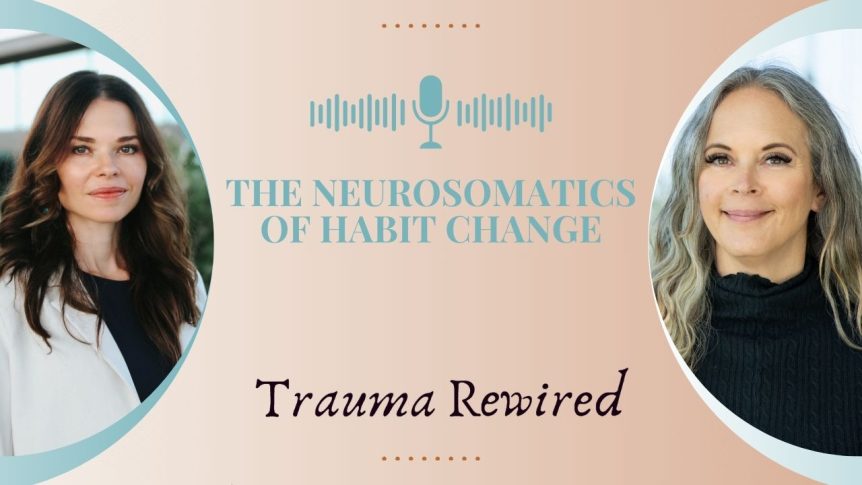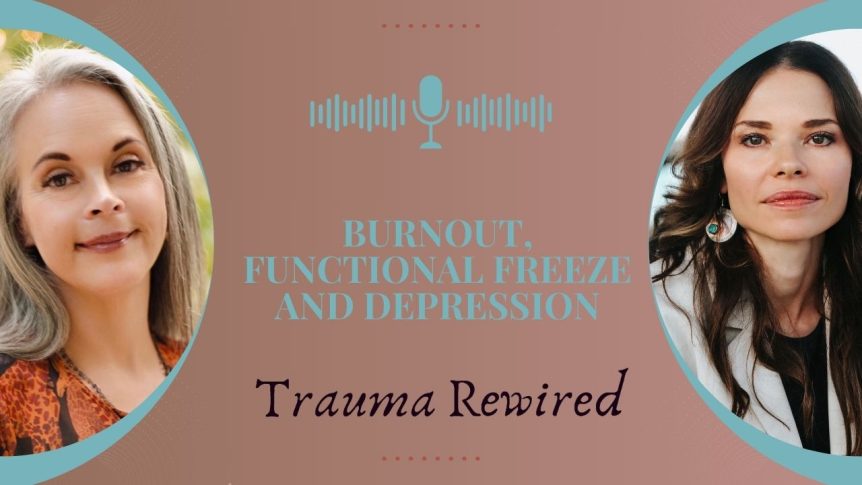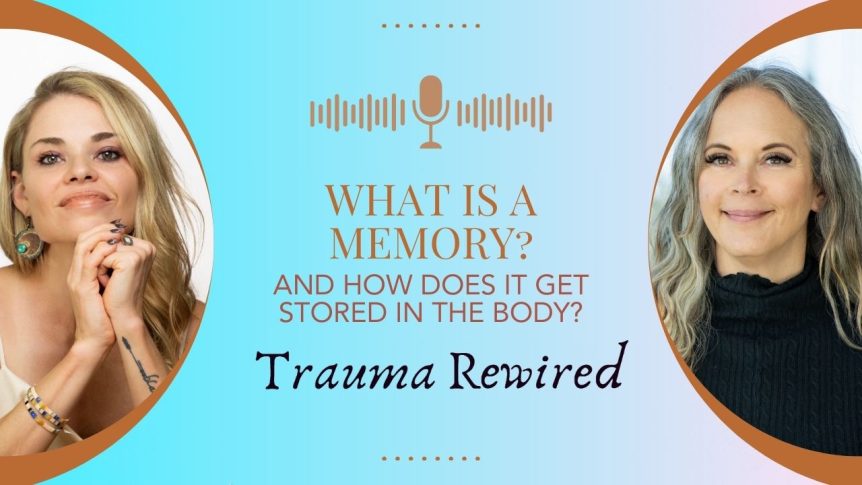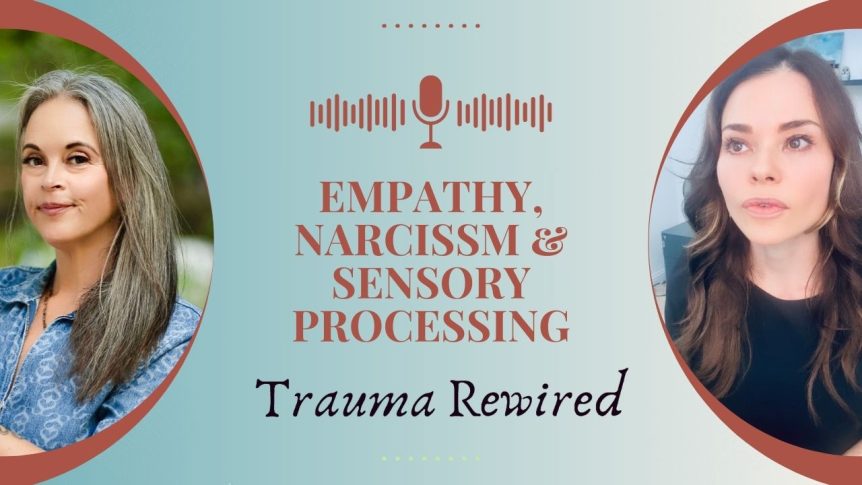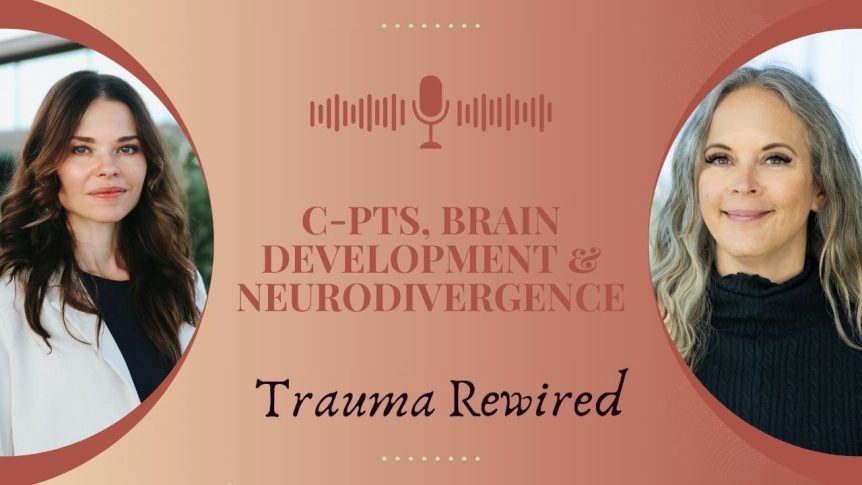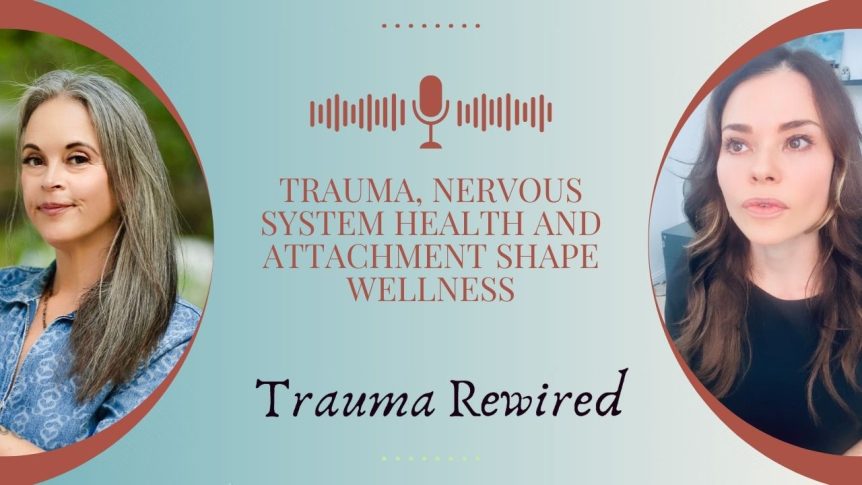It’s that time of year again when society collectively decides it’s time to level up and make meaningful changes in our lives. Whether the goal is to get in shape, eat healthier, limit doom-scrolling, improve finances, or simply be kinder to ourselves, it all boils down to rethinking and reshaping our daily habits. But completing another trip around the sun …
The four trauma responses are the brain’s way of protecting us from threat- real or perceived. They are noncognitive, reflexive outputs that are deeply ingrained in those that have experienced trauma, which makes them incredibly difficult responses to rewire. In this episode, we explore the most dangerous F: fawn and sexual fawn response. To help us dive deeper into fawn …
Depression is one of the most researched mood disorders, but if we look a bit deeper into how depression is able to develop, it is more nuanced than we think. This means, treating depression isn’t a one size fits all solution. It’s agreed upon that depression is a chemical imbalance and can be treated with SSRIs or SNRIs, etc., which …
The holidays can be a magical time full of celebrations and connection, but they can also evoke feelings of loneliness and overwhelm — especially for those with a history of trauma. This duality of emotions can be hard to navigate, so this episode of Trauma Rewired explores the complex emotions that many experience during this time and strategies to manage …
In this episode we delve into the intricate relationship between memory, trauma, and the nervous system. Originally this conversation was recorded and released in two parts and what you are listening to is a combination of them. The discussion underscores the multidimensional nature of memory, including how the superior and inferior hippocampus play distinct roles in recalling positive and negative …
Believe it or not, empaths and narcissists have foundational similarities. Not only does the brain chemistry look the same, but empaths and narcissists both struggle with nervous system regulation and look to others to help them regulate their emotions. But whereas the narcissist avoids the emotions of others, empaths are deeply affected and have a physiological experience to the emotions …
What happens in the brain when a stress response is activated ? How does developmental trauma shapes our nervous system and subconscious reactions as adults? Today, we’re answering those questions and diving deeper into how the brain develops through social interactions, why social connection is a survival need, and what happens in the body when we experience connection with other …
In this episode of Trauma Rewired, Matt Bush joins us to delve into the intricate relations between complex trauma, neurodivergence, and brain function dysregulation. The conversation highlights how gradual exposure to non-threatening stimuli can help manage threat responses, and the importance of achieving balance between the sympathetic and parasympathetic nervous systems for resilience. We discuss neurological pathways affected by trauma …
Trauma isn’t just a single event—it’s the ongoing experience that unfolds afterward. Our access to resources, support, tools, and coping mechanisms greatly influences how our brain and nervous system are patterned in response to trauma, which in turn shapes our emotions and behaviors. By understanding these patterns as protective adaptations rather than flaws, we open the door to repatterning our …
This conversation was originally released in 2022 and the update is coming next week! If you haven’t begun a journey to heal your nervous system, this episode of Trauma Rewired will convince you why NOW is the time to start. In this episode, we’re sharing clips from season 2 that explain how trauma lives in the body and why you …
